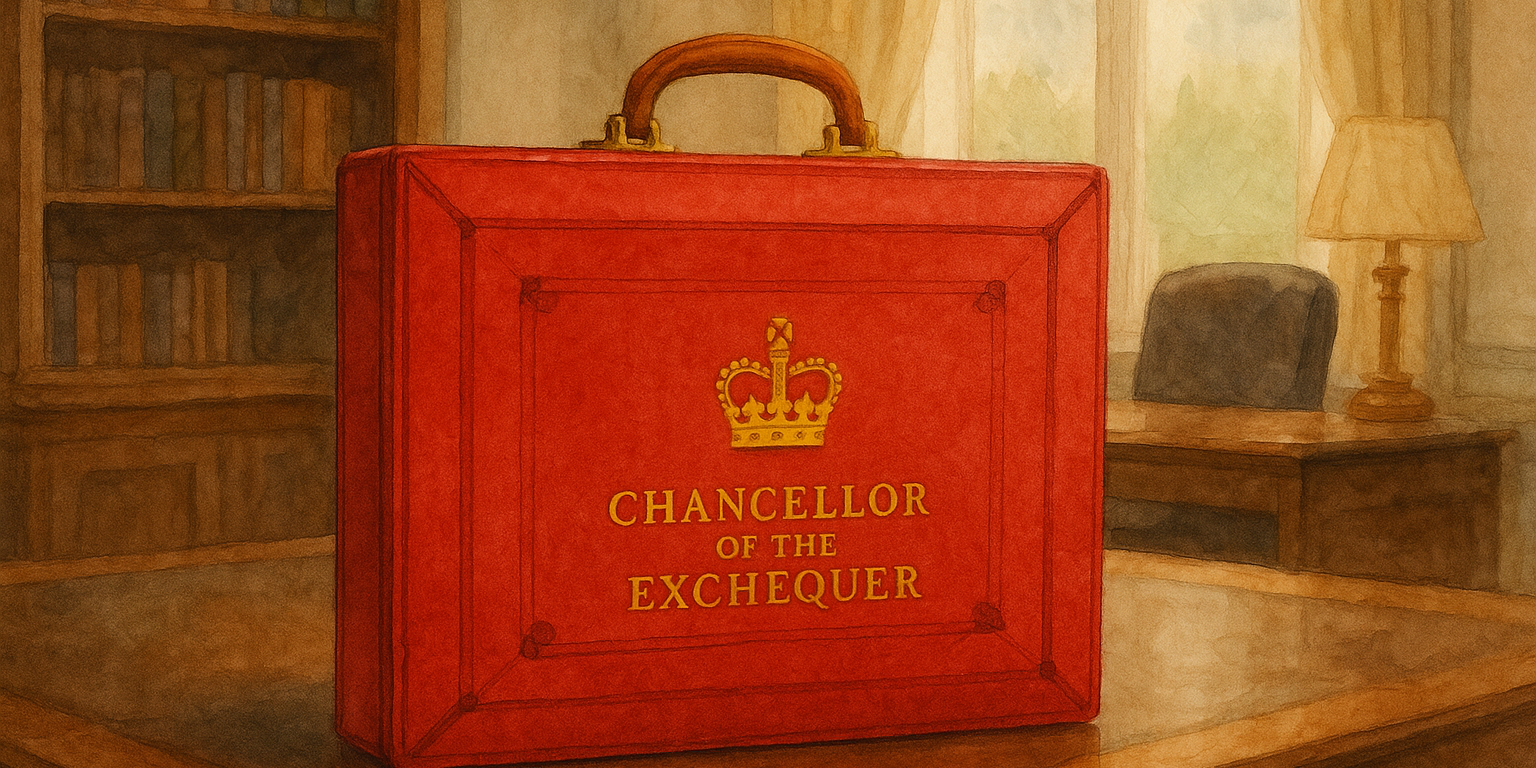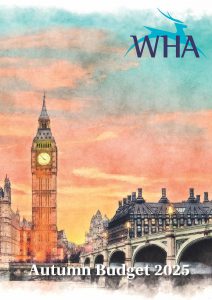The Budget that asked everyone to contribute — but at what cost?
This Budget was preceded by conjecture, which was astonishingly settled not by the Chancellor herself, but by an accidental leak of the forecast by the OBR. This leak made this Budget announcement somewhat more ‘taxing’ than usual for the Chancellor as the opposition had time to sharpen their tongues and ready their comments.
Chancellor Rachel Reeves began her announcement by stating that this Budget was ‘asking everyone to contribute’ before disclosing a list of tax rises accumulating to £26 billion confirming the feared severity of the measures to come.
Amongst the litany of tax increases, the income tax threshold freeze has been extended for a further three years until 2030/31. This move is predicted to generate £8 billion as more taxpayers are brought into paying income tax during this extended period. For those making salary-sacrificed pension contributions, they will face a cap of £2,000 from April 2029 above which National Insurance will be applied at the usual rate. The Government affirmed their commitment to the Triple Lock arrangement and the State Pension will rise by 4.8% in line with average earnings — however given the income tax threshold freeze, this could push some pensioners into paying income tax as pension values increase.
Dividend, property, and savings tax hikes were also announced. Tax on dividends are due to increase by 2 percentage points from April 2026, tax on savings income by 2 percentage points in April 2027 and property income by 2 percentage points also in April 2027. Chancellor Reeves stipulated that the Cash ISA limit will be reduced for those under 65 years old to £12,000 (from £20,000). The Government’s focus is to shift savings from cash into investments to boost domestic economic growth.
For motorists, the Government plans to implement a new per-mile charge for battery electric and plug-in hybrid cars from April 2028 — which will no doubt adversely affect those that use these types of vehicles for both personal and business purposes. On the other hand, the fuel duty freeze has been extended until August 2026.
Businesses were further impacted by tax changes, including a reduction in writing-down allowances in corporation tax and reduced capital gains tax relief on disposals to employee ownership trusts from 100% reduced to 50%. Another consideration is the increase that can be levied for late corporation tax filings by HMRC from April 2026. Although a little reprieve was to hand with the introduction of a new 40% first-year allowance for qualifying companies from January 2026 and full expensing being maintained.
Interestingly, Councils in England have been granted the option of applying a ‘tourist tax’ on hotel stays and rentals — which if taken up, could bring London in line with other European cities making the city break that little bit more expensive. Business rates will remain at the lower end of the scale for properties used for hospitality and leisure purposes.
For further details and a summary of the Budget announcements, please click on the thumbnail below to access the WHA Autumn Budget 2025 Summary.
This controversial and tax-heavy Budget will certainly give pause for thought for a vast majority of us, but if you need insight into how this Budget will impact you, your employees and your business — please contact the principal accountant that looks after your financial affairs or the WHA tax team for clarity into your situation on 020 8878 8383 or via email info@whitehartassociates.com.











